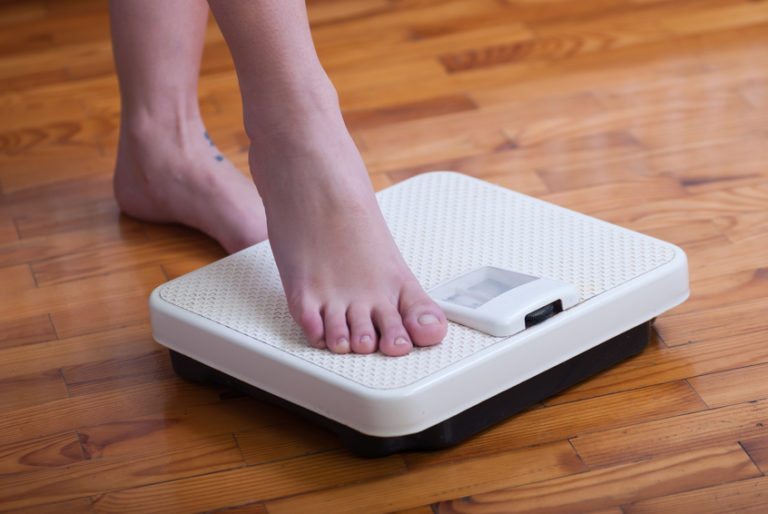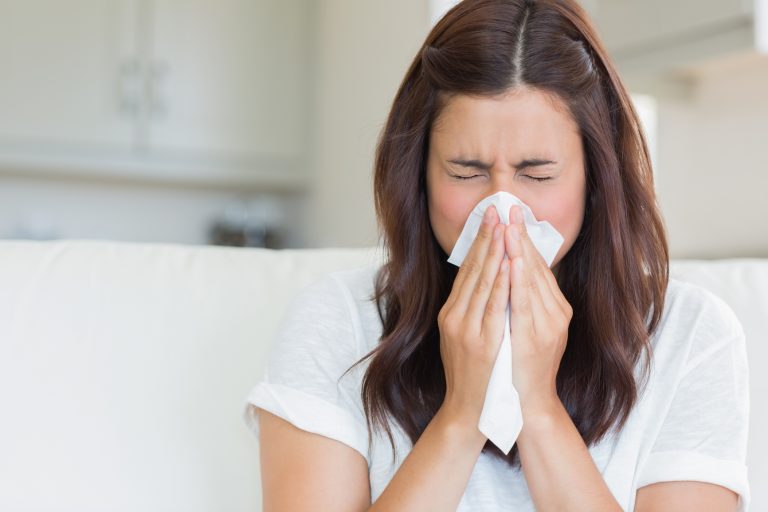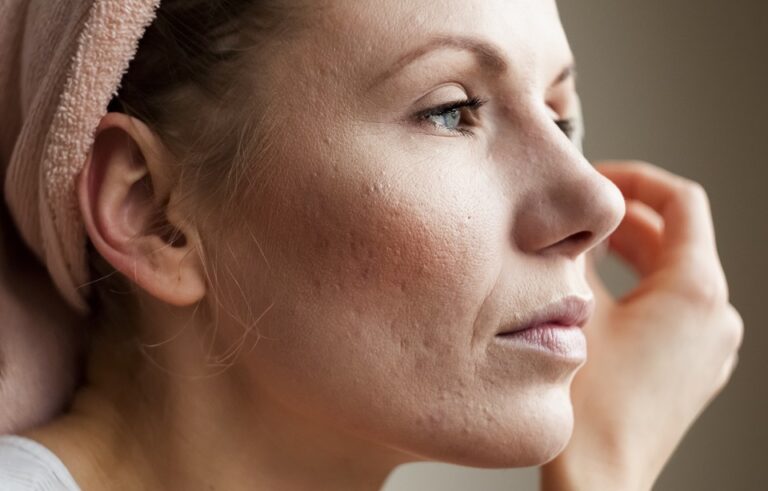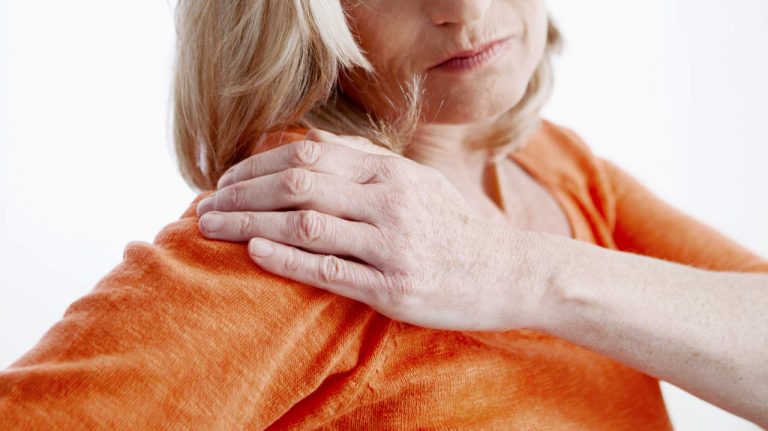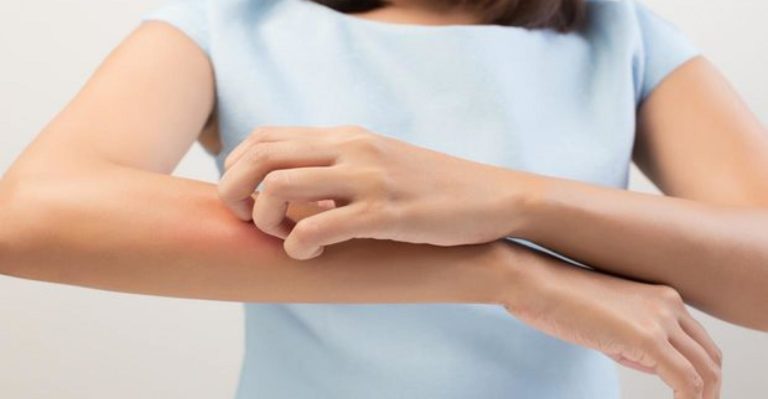
Due to variations in genes, anatomy, and hormone levels, some diseases attack women more often than men, and vice-versa. If you’re a woman, you should be aware of your increased risk of these conditions.
Osteoarthritis
There are many common health conditions that affect men and women differently, including osteoarthritis (OA), caused by wear and tear on the joints. “Women have about three times higher risk of osteoarthritis than men,” says Gina Tran, MD, PIH Health Family Medicine.
“The way a woman’s body is structured may play a role, as women tend to have more flexible joints and elastic tendons than men.” This laxity is useful during pregnancy and birth, but also puts women at risk of sprains and injuries, leading to future OA.
“Women also tend to have wider hips, which may affect the alignment of the knees and causes stress on them,” she says. In addition, the U.S. Centers for Disease Control and Prevention (CDC) notes that women over the age of 50 are at increased risk of OA.
“The loss of estrogen could be a contributing factor, as estrogen protects the cartilage and the joint from inflammation,” Dr. Tran says. To reduce your risk, the Arthritis Foundation recommends physical activity and maintaining a healthy weight.
Alzheimer’s disease
The Office of Disease Prevention and Health Promotion notes that almost two-thirds of Americans with Alzheimer’s disease, marked by a loss of cognitive functioning, are women. Because the risk of the disease goes up as we age, and women live longer than men, it was long assumed that was the reason for the discrepancy. But recent research suggests other factors may play a role.
Genetics may be at play, as well as hormonal changes. “Menopause and plummeting estrogen levels, which on average begins at 51, may account for the difference,” Judy Pa, PhD, assistant professor of neurology at Keck School of Medicine at USC and co-author of a recent study, said.
To reduce your risk, keep your mind and body active, get enough sleep, and eat a healthy diet. Medical treatments can slow the progression of the disease, but can’t stop it.
Depression
According to a recent National Center for Health Statistics survey, women were twice as likely to have suffered from depression as men (10.4 vs. 5.5 percent). “Women have more biological origins for depression than men with more changeable neurochemistry,” says psychologist Deborah Serani, PsyD, award-winning author of Depression in Later Life.
“Monthly hormone changes, shifts, and dips after giving birth, and before and during menopause heighten the onset of depression.” How women think and process emotions, as well as internalizing stress, can lead to lowered brain functioning in areas responsible for mood, she says.
Heart disease
Heart disease is the number one killer of both men and women—but women are more likely to die after a heart attack than men, and have other factors that can make the condition more serious.
“The question about why more women die in the first years after a heart attack is often discussed, and multiple theories have been posed to explain,” says Gerald E. Beckham, MD, PIH Health. “The most common thought is that women who develop heart disease are ‘more sick,’ or have more co-morbidities like diabetes, atrial fibrillation, and smoking, than men of the same age.”
In addition, women often have atypical symptoms of chest pain which lead to delays in presentation and diagnosis, causing a worse outcome, he says. To reduce risk, Dr. Beckham advises 30 minutes of exercise five days a week, a healthy diet, and regular checkups for cholesterol, diabetes, and high blood pressure.
Anxiety
According to the U.S. Department of Health and Human Services, women are more than twice as likely as men to be affected by anxiety. “Studies suggest that fluctuating hormones can set into motion feelings of anxiety, particularly low levels of corticotropin-releasing factor (CRF), a hormone that organizes stress responses,” Dr. Serani says. “Because CRF is lower in women, it makes them twice as vulnerable as men to stress-related disorders.”
And anxiety doesn’t just have mental effects: One study showed women with the highest anxiety levels were 59 percent more likely to have a heart attack and 31 percent more likely to die from one than women with the lowest levels.
PTSD
Although we may associate post-traumatic stress disorder (PTSD) with male veterans, women actually have higher rates of the condition. “Women are twice as likely to experience PTSD than men because they are exposed to more emotional, sexual, and physical abuse than male counterparts,” Dr. Serani says. “They also tend to be victims of trauma at earlier ages than boys.”
If you are a survivor of a traumatic event and have nightmares, insomnia, depression, or anxiety, trauma counseling can help.
Urological problems
Anatomy is largely responsible for why women get more urinary tract infections (UTIs) and incontinence, or bladder leaking, than men. “A woman’s urethra is in close proximity to the vagina and rectum where many bacteria live, which puts them at higher risk for urinary tract infections,” says Leslie Gonzalez, MD, PIH Health OBGYN.
“Childbirth, age, and obesity all increase the incidence of incontinence for women.” Pregnancy puts a strain on the pelvic floor muscles, which are crucial to the support of the bladder and bladder neck, and can have long-lasting effects, Dr. Gonzales says. Drinking plenty of water can help avoid UTIs, and pelvic floor exercises can help prevent incontinence.



